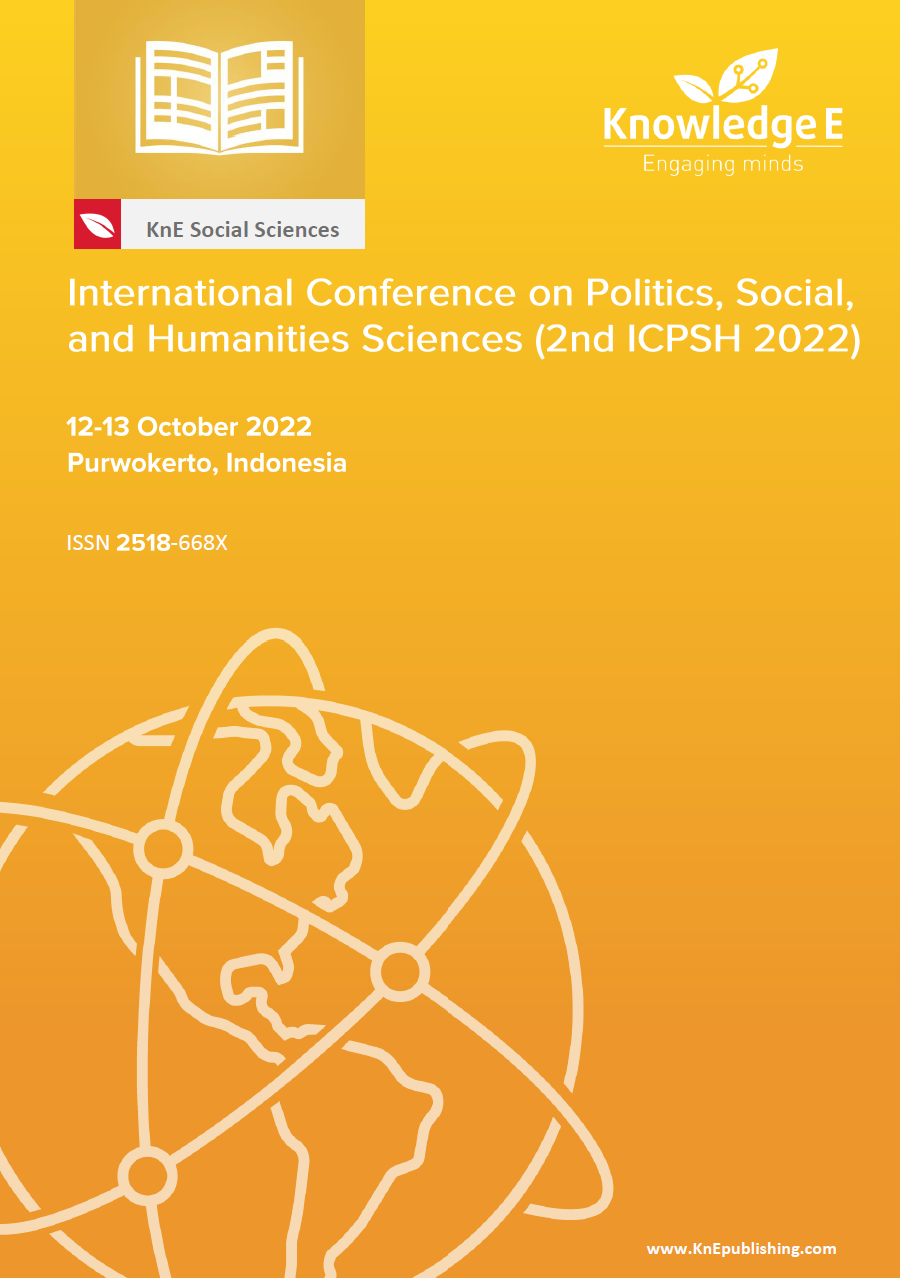Restitution as a Requirement for the Implementation of Restorative Justice Against General Crimes Related to Property
DOI:
https://doi.org/10.18502/kss.v8i3.12842Abstract
Restitution is a monetary remedy paid by a perpetrator or a third party to a victim or their family. It can be implemented by returning property, payment for losses or suffering, or reimbursement of costs. However, restitution is not applicable to all types of crimes; thus, not all victims have access to it.The issue of legal protection for victims is still an ongoing discourse, and many parties believe that its implementation is still far from perfect and in need of legal reform due to the inability of the perpetrators to pay restitution to the victims. This study uses qualitative methods by examining secondary data such as documents, laws and regulations, scientific findings, and books. This study finds that the application of restorative justice in criminal cases, especially property crimes provides certain flexibility for the community to search for a settlement. The perpetrator paying for restitution is an absolute requirement for restorative justice in settlement of property-related crime as an alternative to the conventional court proceeding. Moreover, the perpetrators, victims, and the community can all be involved in a discussion process to reach a consensus regarding a solution to a conflict avoiding harming any parties, for instance, a settlement without punishment.
Keywords: restitution, restorative justice, criminal act, property
References
Badan Pusat Statistik. Statistik Kriminal. 2021.
Muladi HA. Politik dan Sistem Peradilan Pidana. Semarang: Badan Penerbit Univ Diponegoro; 2002.
Mareta J, Kav J. Penerapan Restorative Justice Melalui Pemenuhan Restitusi Pada Korban Tindak Pidana Anak. J Lex Soc. 2018;3(1):104.
Wijaya IA, Purwadi H. Pemberian Restitusi sebagai Perlindungan Hukum Korban Tindak Pidana. J Huk Dan Pembang Ekon. 2018;6(2). https://doi.org/10.20961/hpe.v6i2.17728.
Suzuki M. From ‘what works’ to ‘how it works’ in research on restorative justice conferencing: the concept of readiness. Int J Restor Justice. 2020;3(3):356–73.
Lasmadi S, Sari RK, Disemadi HS. Restorative Justice Approach as an Alternative Companion of the Criminal Justice System in Indonesia. In: International Conference on Law, Economics and Health (ICLEH 2020). 2020. p. 206–9.
Lexy JM, others. Metode penelitian kualitatif. Bandung: Rosda Karya; 2002.
Zulfa EA. Restorative Justice [Internet]. 2009 [cited 2022 Jul 2]. Available from: http://evacentre.blogspot.com/2009/11/restorative-justice.html
Syaufi A. Konstruksi Model Penyelesaian Perkara Pidana yang Berorientasi pada Keadilan Restoratif. Samudra Biru. Anggota IKAPI; 2020.
Hutauruk RH. Penanggulangan Kejahatan Korporasi Melalui Pendekatan Restoratif Suatu Terobosan Hukum. Sinar Grafika; 2019.

